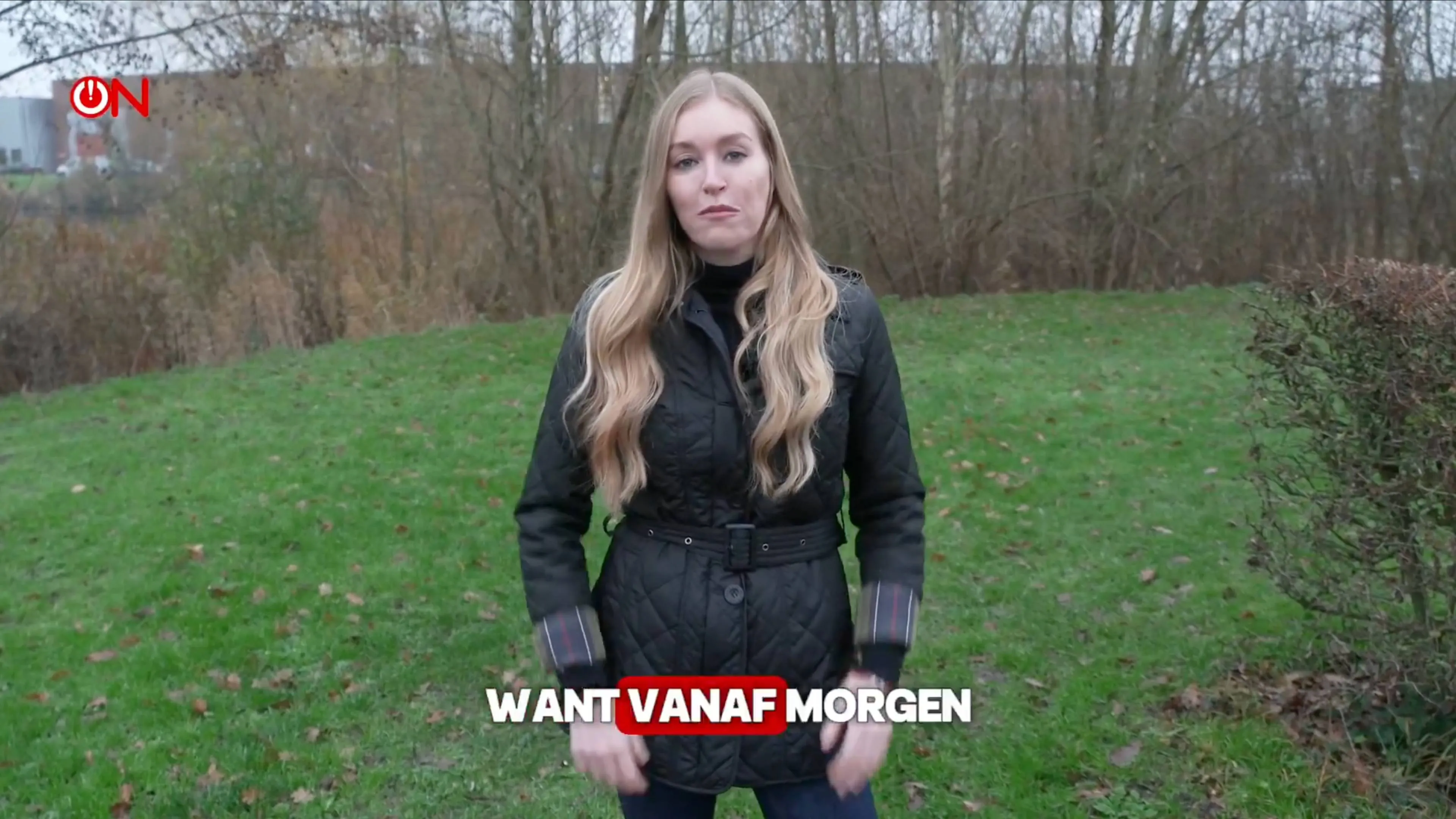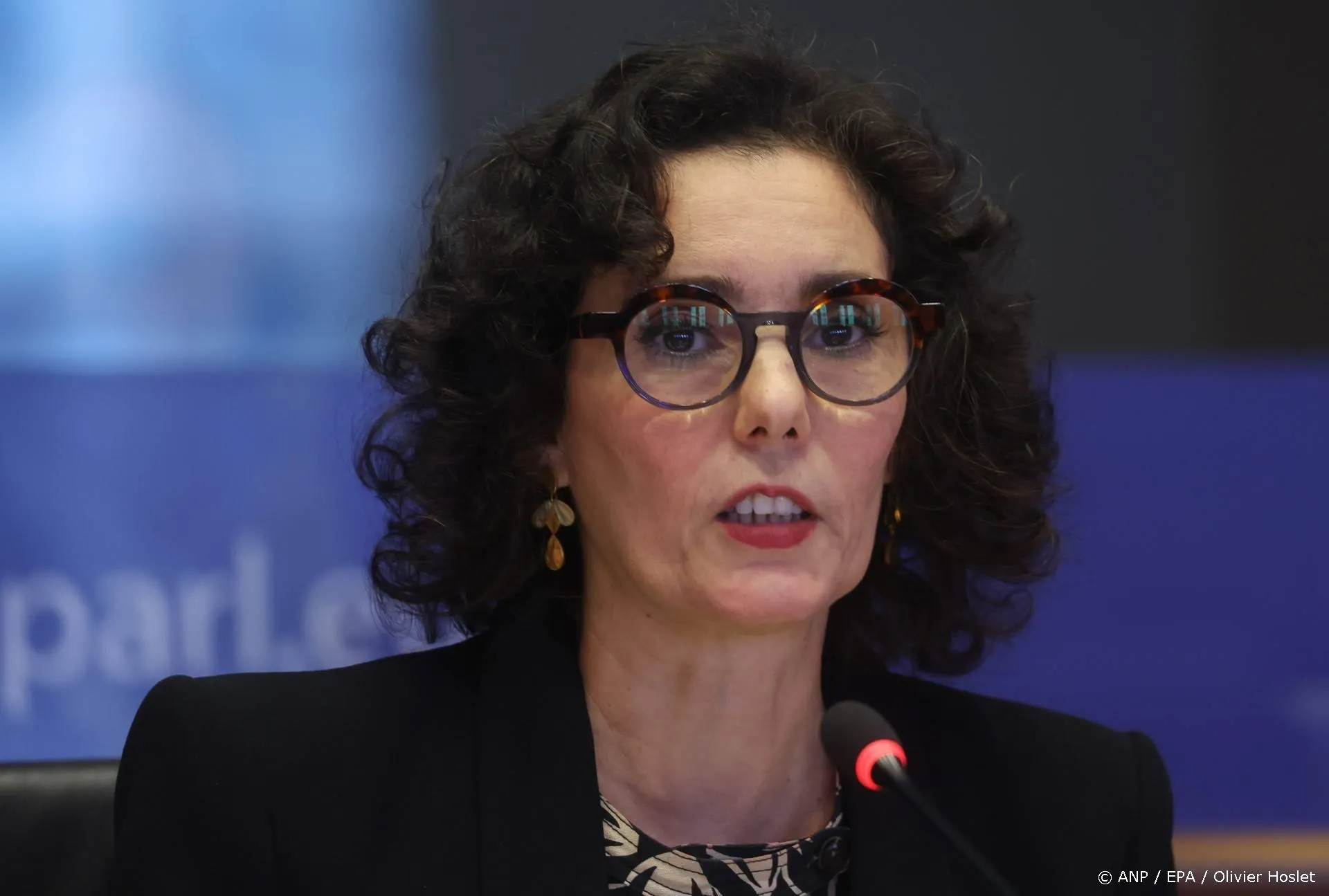Open brief aan Paus Franciscus over klimaatverandering
De armsten worden het zwaarst getroffen door klimaatbeleid.
De Amerikaanse 'Cornwall Alliance' ('For the Stewardship of Creation') stelt zich tot doel de Bijbels/Christelijke visie op maatschappelijke vraagstukken te bevorderen. Met het oog op de Vaticaanse bemoeienissen met het klimaatbeleid heeft de organisatie het initiatief genomen om een open brief aan Paus Franciscus te richten, waarin zij bezorgdheid tot uitdrukking brengt over de opvattingen van de Rooms–Katholieke Kerk ter zake. De brief is inmiddels door zo'n 300 mensen, waaronder vele wetenschappers, ondertekend.
Ik pik er een aantal elementen uit.
An Open Letter to Pope Francis on Climate Change
Your Holiness:
Your Holiness:
As world leaders contemplate a climate agreement, many look to you for guidance. We commend you for your care for the earth and God’s children, especially the poor. With this letter we raise some matters of concern that we ask you to consider as you convey that guidance.
Much of the debate over environmental stewardship is rooted in a clash of worldviews, with conflicting doctrines of God, creation, humanity, sin, and salvation. Unfortunately, that clash often works its way into the very conclusions of environmental science. Rather than a careful reporting of the best evidence, we get highly speculative and theory–laden conclusions presented as the assured results of science. In the process, science itself is diminished, and many well–meaning moral and religious leaders risk offering solutions based on misleading science. The effect, tragically, is that the very people we seek to help could be harmed instead. ...
Christian and Jewish scholars have performed high-quality science for centuries. They are confident that good science leads toward and will not conflict with the truth about God and man. ...
As people of Biblical faith, then, we have a commitment not only to truth, but also to the practice of science as one path to truth. Today, when scientists run complex climate models on powerful computers to simulate immeasurably more complex natural systems like the earth’s climate, we must not forget our commitment to truth or that “key to science.” Our models can become “seductive simulations,” as sociologist of science Myanna Lahsen put it, [..] with the modelers, other scientists, the public, and policymakers easily forgetting that the models are not reality but must be tested by it. If their output disagrees with observation, the models, not nature, must be corrected. ...
Today many prominent voices call humanity a scourge on our planet, saying that man is the problem, not the solution. Such attitudes too often contaminate their assessment of man’s effects on nature. Naively claiming “the science is settled,” they demand urgent action to protect the planet from catastrophic, human–induced global warming. Attributing allegedly unnatural warming to the use of fossil fuels to obtain energy essential for human flourishing, these voices demand that people surrender their God–given dominium, even if doing so means remaining in or returning to poverty.
Your concern for genuine science and for the poor requires a more cautious approach, one that carefully considers the scientific evidence regarding the real, not merely the theoretical, effects of human action on global climate, and carefully considers energy technology and economics in seeking to protect the poor from harm. ….
Therefore we hope and trust that your guidance to world leaders will build on the following:
What has delivered much of humanity from absolute material poverty is a combination of moral, social, political, scientific, and technological institutions. These include science and technology grounded on a view of the physical world as an ordered cosmos that rational creatures can understand and harness for human betterment; private property rights, entrepreneurship, and widespread trade, protected by the rule of law enforced by limited and responsive governments; and abundant, affordable, reliable energy generated from high–density, portable, constantly accessible fossil and nuclear fuels. By replacing animal and human muscle and low–density energy sources like wood, dung, and other biofuels, and low–density, intermittent wind and solar, fossil and nuclear fuels have freed people from the basic tasks of survival to devote time and bodily energy to other occupations. ...
Many fear that fossil fuel use endangers humanity and the environment because it leads to historically unprecedented, dangerous global warming. This has led many well–meaning people to call for reduced carbon dioxide emissions and hence reduced use of fossil fuels.
Computer climate models of the warming effect of enhanced atmospheric carbon dioxide are the basis for that fear. However, for models to contribute validly to decision making, they must be subordinate to data, and there has been a growing divergence between real–world temperature observations and model simulations. On average, models simulate more than twice the observed warming over the relevant period. …
The scientific method demands that theories be tested by empirical observation. By that test, the models are wrong. They therefore provide no rational basis to forecast dangerous human–induced global warming, and therefore no rational basis for efforts to reduce warming by restricting the use of fossil fuels or any other means. ...
The world’s poor will suffer most from such policies. The poorest—the 1.3 billion in developing countries who depend on wood and dried dung as primary cooking and heating fuels, smoke from which kills 4 million and temporarily debilitates hundreds of millions every year—will be condemned to more generations of poverty and its deadly consequences. The marginal in the developed world, who on average spend two or more times as much of their incomes on energy as the middle class, will lose access to decent housing, education, health care, and more as their energy costs rise. Some will freeze to death because they will be unable to pay their electricity bills and still buy enough food. Tens of thousands died even in the United Kingdom in several recent winters due to Britain’s rush to substitute wind and solar for coal to generate electricity. ….
While adding carbon dioxide to the atmosphere causes far less warming than previously feared, it has a positive effect on plant life. With more carbon dioxide in the air, plants grow better in warmer and cooler temperatures and wetter and drier soils, make better use of soil nutrients, and resist diseases and pests better, increasing their fruit production, expanding their range, and greening the earth. ...
In light of these considerations, we believe it is both unwise and unjust to adopt policies requiring reduced use of fossil fuels for energy. Such policies would condemn hundreds of millions of our fellow human beings to ongoing poverty. We respectfully appeal to you to advise the world’s leaders to reject them.
Lees verder hier.
Het bijzondere aan deze brief is vooral de combinatie van religieuze en wetenschappelijke argumenten, alsmede de focus op de positie van de armsten.
De opstellers verwachten overigens niet dat het Vaticaan zijn positie zal veranderen. De ervaring leert (denk bijvoorbeeld aan Galileo Galilei!) dat het daar soms honderden jaren voor nodig heeft. Maar voor de buitenwereld dient duidelijk te worden gemaakt dat er naast de opvattingen van het Vaticaan ter zake nog alternatieve – beter wetenschappelijk gefundeerde – opvattingen zijn. En niet alleen bij onkerkelijken, maar ook bij Christenen die zich door Bijbelse waarden laten inspireren.
Voor mijn eerdere DDS–bijdragen zie hier.
Ga verder met lezen
Dit vind je misschien ook leuk
Laat mensen jouw mening weten
Lees ook
Loading


